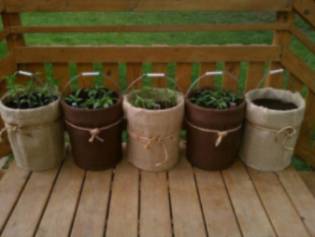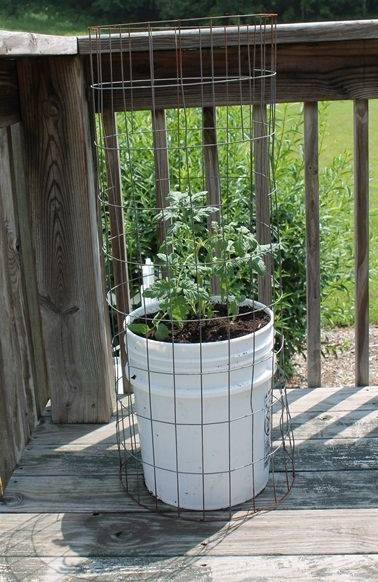Posts
Bucket Garden
What's up y'all? Have you ever considered a bucket garden? Maybe it's time you should!
Recently, 5-gallon buckets have become very popular for gardening while being quarantined during the Corona Virus and this is also a great way to get your kids outside. Teaching them about how to plant and grow different fruits, vegetables, flowers, etc.

I know for some, a bucket garden is easier and more ocntroable than planter boxes, raised beds, or a tilled garden in your backyard.
There are so many obstacles you may have to overcome in order to plant a garden. For example, you might not have good soil. You might have good grass. You might be surrounded by farm land. All of these keep plants from being able to grow properly. You might not be able to get down on your hands and knees like before. With a bucket garden, this fixes some of those problems!
The advantages of a bucket garden:
- It saves space. Like I said, no more need for planter boxes or raised beds.
- It is affordable. If you don't have any buckets sitting around, you can go to your local hardware store and get buckets for a very low price!
- It is movable. Unlike those planter boxes, raised beds, and backyard gardens. You can move these buckets whenever they need more sunshine or rain!
- It is protected. You can keep these buckets/plants away from your pets, squirrels, and even deer!
- The 5-gallon bucket supports plants with larger root systems.
Make sure you drill adequate sized holes into the bottom of your bucket for healthy plant growth. To ensure you don't lose soil, place rocks/gravel or newspapers in the bottom of your bucket before putting in your soil and plants.
If you are using an older bucket that has been laying around or a brand new bucket form a hardware store, make sure you clean them thoroughly! You don't want anything from the bucket posing a potential danger to your plants. With that being said, don't choose a bucket that has been used to store toxic chemicals.

Because a bucket garden is mobile, this allows you to get to know your plants and what they need in order to place them in the ideal location for the best results. But, don't feel the need to constantly move your plants around.
For more gardening information be sure to go to www.uaex.uada.edu/yard-garden.
Check out my Facebook page to see what others have done with their bucket garden!